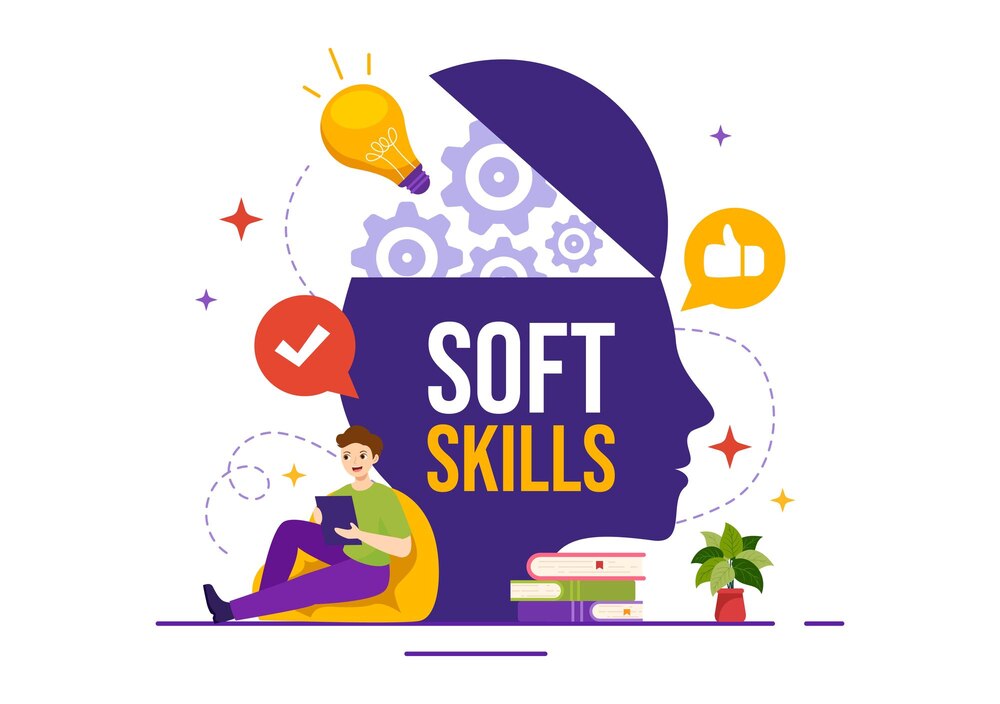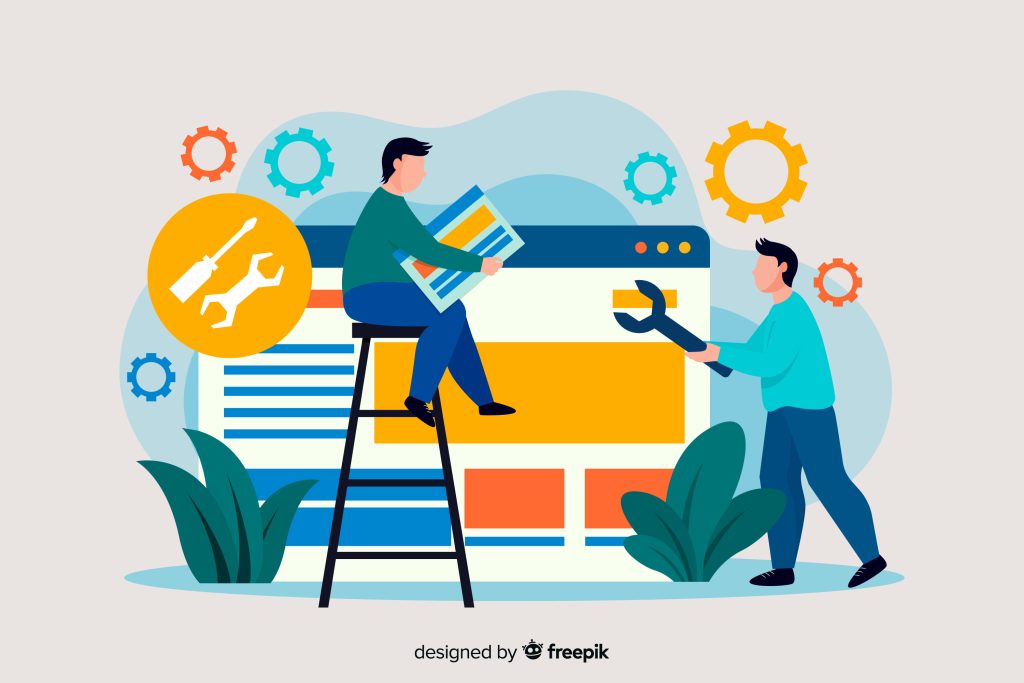Understanding the difference in Technical vs Soft Skill Assessments is necessary to hire managers and job seekers. While technical skills measure job-specific expertise, soft skills reveal communication, teamwork and adaptability. Together, they shape the success of the workplace

In today’s highly competitive job market, it’s not enough to have a degree or past experience. Employers are looking for well-rounded individuals—people who not only know their job technically but can also work in teams, communicate clearly, and solve problems. That’s where skill assessments come into play.
For job seekers in India, understanding the difference between technical and soft skill assessments can be the turning point in career development. Whether you’re preparing for your first job, a career shift, or simply trying to upgrade your professional profile, you must learn how these two types of assessments work—and how to train and improve in both.
This blog will explain what technical and soft skill assessments are, their key differences, and how platforms like Impacteers are helping thousands of learners across India evaluate and enhance their job-readiness through structured skill testing.
What Are Skill Assessments?
A skill assessment is a test or evaluation used to measure a person’s abilities in specific areas. These can be:
- Hard or technical skills (like programming, data analysis, or machinery handling)
- Soft skills (like communication, leadership, adaptability)
Recruiters use skill assessments to:
- Validate candidate claims on resumes
- Shortlist job applicants efficiently
- Ensure cultural and team fit
For job seekers, skill assessments help in identifying gaps, improving confidence, and standing out from the competition.
What Are Technical Skills?
Technical skills are the hard, job-specific abilities you can measure and teach. These are typically gained through training, education, or experience.
📘 Examples of Technical Skills:
- Coding in Java or Python
- Using Excel or Power BI
- Operating a CNC machine
- Working with databases
- Designing with AutoCAD
Technical skills vary depending on your industry—engineering, IT, finance, or manufacturing—and can often be tested using objective or practical exams.

What Are Soft Skills?
Soft skills are interpersonal and behavioral traits that define how you work with others, manage time, handle stress, and solve problems. Unlike technical skills, soft skills are harder to teach but equally critical for long-term success.
Examples of Soft Skills:
- Verbal and written communication
- Teamwork and collaboration
- Leadership and motivation
- Emotional intelligence
- Problem-solving and critical thinking
Soft skills are transferable across jobs and industries, making them essential for both freshers and experienced professionals.
Technical vs Soft Skill Assessments: Key Differences
Let’s explore the core distinctions between these two types of skill tests.
| Aspect | Technical Skill Assessments | Soft Skill Assessments |
| Focus Area | Job-specific knowledge (e.g., programming) | Behavioral, communication, emotional traits |
| Format | MCQs, coding challenges, case studies | Role-plays, situational judgment, psychometrics |
| Evaluation Method | Objective scoring (right/wrong) | Subjective or scaled (ratings, feedback) |
| Trainability | Can be trained through tutorials and practice | Needs self-awareness and behavior modeling |
| Job Application Use | Used in tech, finance, engineering roles | Relevant in HR, sales, education, leadership |
| Duration | Typically 30–90 minutes | Can vary from 10–60 minutes |
Why Job Seekers Need Both
In India’s dynamic job market, especially with the boom in start-ups and hybrid work cultures, technical skills alone are not enough. Companies want people who can:
- Code AND communicate
- Analyze data AND present insights
- Design systems AND collaborate with teams
A survey by LinkedIn revealed that 57% of employers consider soft skills more important than hard skills when hiring. This makes balanced skill development essential.
Examples of Technical vs Soft Skill Assessment Scenarios
For Technical Roles:
A software company gives a Java programming test followed by a technical interview. Candidates are shortlisted based on:
- Coding logic
- Syntax accuracy
- Time taken to solve problems
For Service-Based Roles:
A consulting firm conducts a communication assessment. Candidates are evaluated on:
- Clarity of speech
- Ability to listen and respond
- Handling objections or client queries

How to Prepare for Technical Skill Assessments
Step-by-Step Preparation Plan:
- Know the exact tools/languages required for your job role
- Use online platforms like Impacteers, HackerRank, or GeeksforGeeks
- Practice sample papers and timed quizzes
- Focus on:
- Core concepts
- Speed and accuracy
- Real-world application
Key Tools to Master (for Indian job roles):
- Java, Python, SQL
- Microsoft Excel
- CAD/CAE tools
- Networking fundamentals
- Cloud basics (AWS, Azure)
How to Improve Soft Skills for Assessments
Improving soft skills takes time but is completely possible.
Steps to Build Soft Skills:
- Practice group discussions and mock interviews
- Take role-plays and case study challenges
- Record your speaking and body language
- Ask for 360-degree feedback
- Take certified soft skill courses on Impacteers
Key Soft Skills to Develop:
- English communication
- Emotional control in interviews
- Team behavior in case studies
- Listening and empathy
Why Impacteers Is the Best Choice for Skill Assessments in India
Impacteers is a job-preparation platform designed for Indian students and job seekers from engineering, management, and arts backgrounds. They specialize in assessments, training, and placement preparation.
Features of Impacteers Skill Assessments:
- Tests in both technical and soft skills
- Personalized feedback and improvement plans
- Suitable for freshers, graduates, and experienced professionals
- Covers industry-specific needs for Indian employers
- Includes mock interviews, mentorship, and resume reviews
Whether you’re applying for a coding job in Bangalore or a sales role in Delhi, Impacteers skill assessments prepare you from every angle.
Benefits of Skill Assessments for Job Seekers
| Benefit | Why It Matters |
| Identifies strengths and weaknesses | Helps you focus your preparation |
| Improves job application success | Makes you stand out in a crowded market |
| Provides certification | Adds value to your resume |
| Builds confidence | You walk into interviews fully prepared |
| Enhances career planning | Aligns you with roles that suit your skillset |
Common Myths About Skill Assessments
“I’m good at coding. Soft skills don’t matter.”
Not true. Communication failures are one of the top reasons people don’t get hired—or get fired.
“You can’t test soft skills.”
Modern assessments are highly accurate using simulations, role-plays, and behavioral psychology.
“Skill tests are only for freshers.”
Even senior professionals are asked to take assessments during lateral hiring or internal promotions.
Conclusion: Understanding Technical vs Soft Skill Assessments
Understanding the key differences between technical and soft skill assessments is no longer optional—it’s essential. Whether you’re a fresher, a career switcher, or an experienced professional, your ability to pass skill evaluations will directly affect your chances of getting hired and growing professionally.
With platforms like Impacteers, you don’t need to navigate this journey alone. From testing to training, resume support to mentorship, Impacteers is your one-stop destination to identify, build, and showcase your skills to the world.
Train smart. Test with purpose. Improve continuously. That’s how modern job seekers win.
FAQs
Q1. Are skill assessments mandatory for all jobs?
Many companies now use them as a screening tool, especially in tech and sales roles. They help reduce hiring time and improve candidate quality.
Q2. How long do skill assessments usually take?
Technical assessments range from 30–90 minutes. Soft skill assessments can take 10–45 minutes depending on complexity.
Q3. Can I improve my assessment scores with training?
Absolutely. With regular practice, mentorship, and using platforms like Impacteers, your scores and confidence will improve.
Q4. What is the best way to prepare for a soft skills test?
Take mock assessments, practice speaking, join group discussions, and use Impacteers’ communication training modules.
Q5. Are certificates from Impacteers accepted by employers?
Yes. Many Indian companies accept or recognize skill certifications from Impacteers as proof of job readiness.
Learn More >>> https://blog.impacteers.com
About Us >>> https://www.impacteers.com



Post Comment